Sociology: Interpersonal Conflict, Communication, and Strategies
VerifiedAdded on 2023/04/26
|5
|882
|475
Essay
AI Summary
This sociology essay explores the dynamics of conflict and communication, focusing on interpersonal conflicts arising from communication breakdowns and differing perceptions. It highlights Hammond's theoretical perspective on cognitive clashes and discusses how communication behaviors like withdrawal, contempt, and disinterest can escalate conflicts. The essay proposes strategies for conflict resolution, emphasizing the development of interpersonal and communication skills, and active listening. It also examines the impact of conflicts on face-to-face, virtual, and in-group interactions, noting how communication behavior and individual differences affect relationships. Effective communication strategies are suggested for various modes, including email, online conversations, and group settings, stressing the importance of clarity, lucidity, and active engagement. This student-contributed assignment is available on Desklib, a platform offering a wealth of study resources, including past papers and solved assignments.
1 out of 5
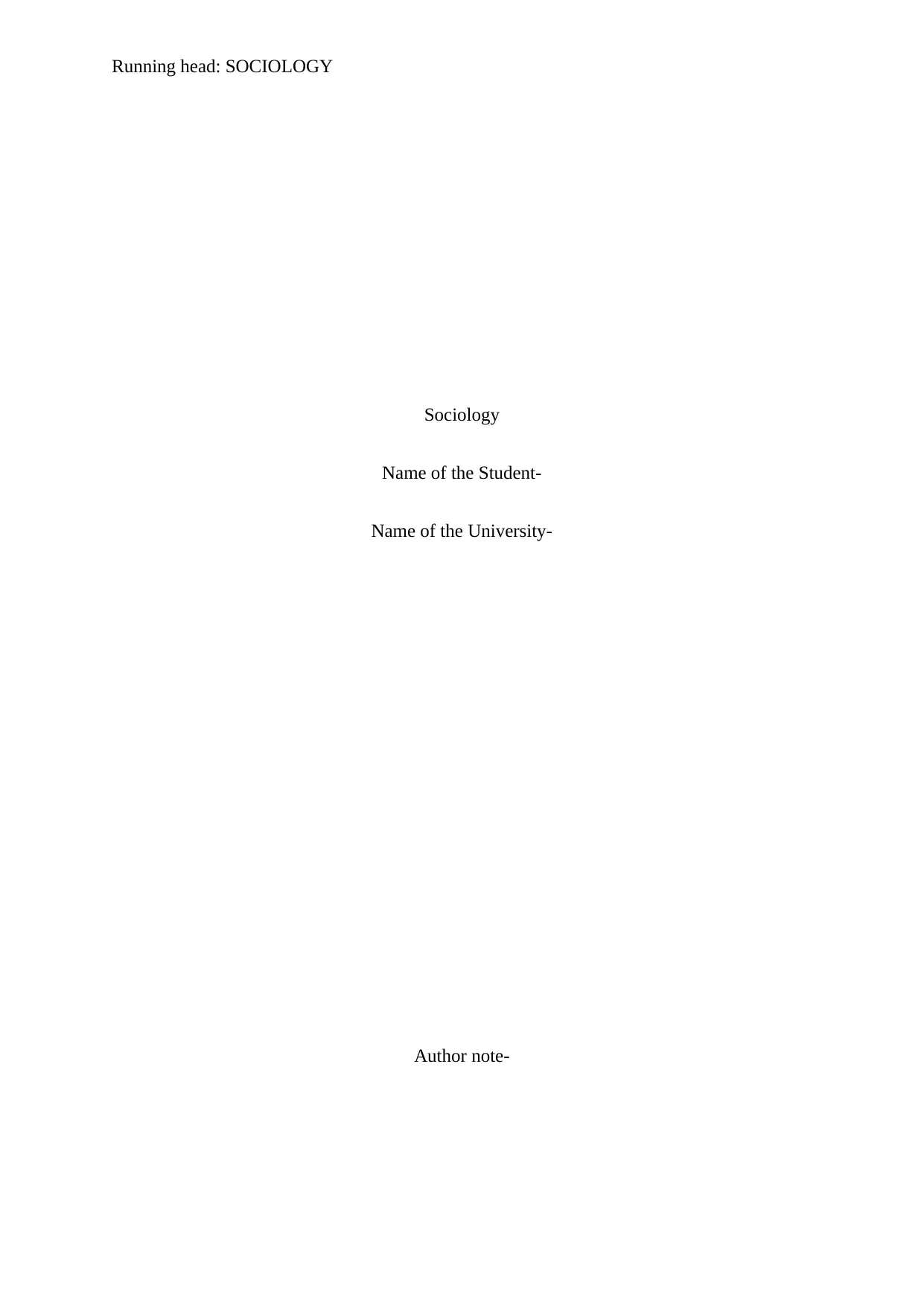
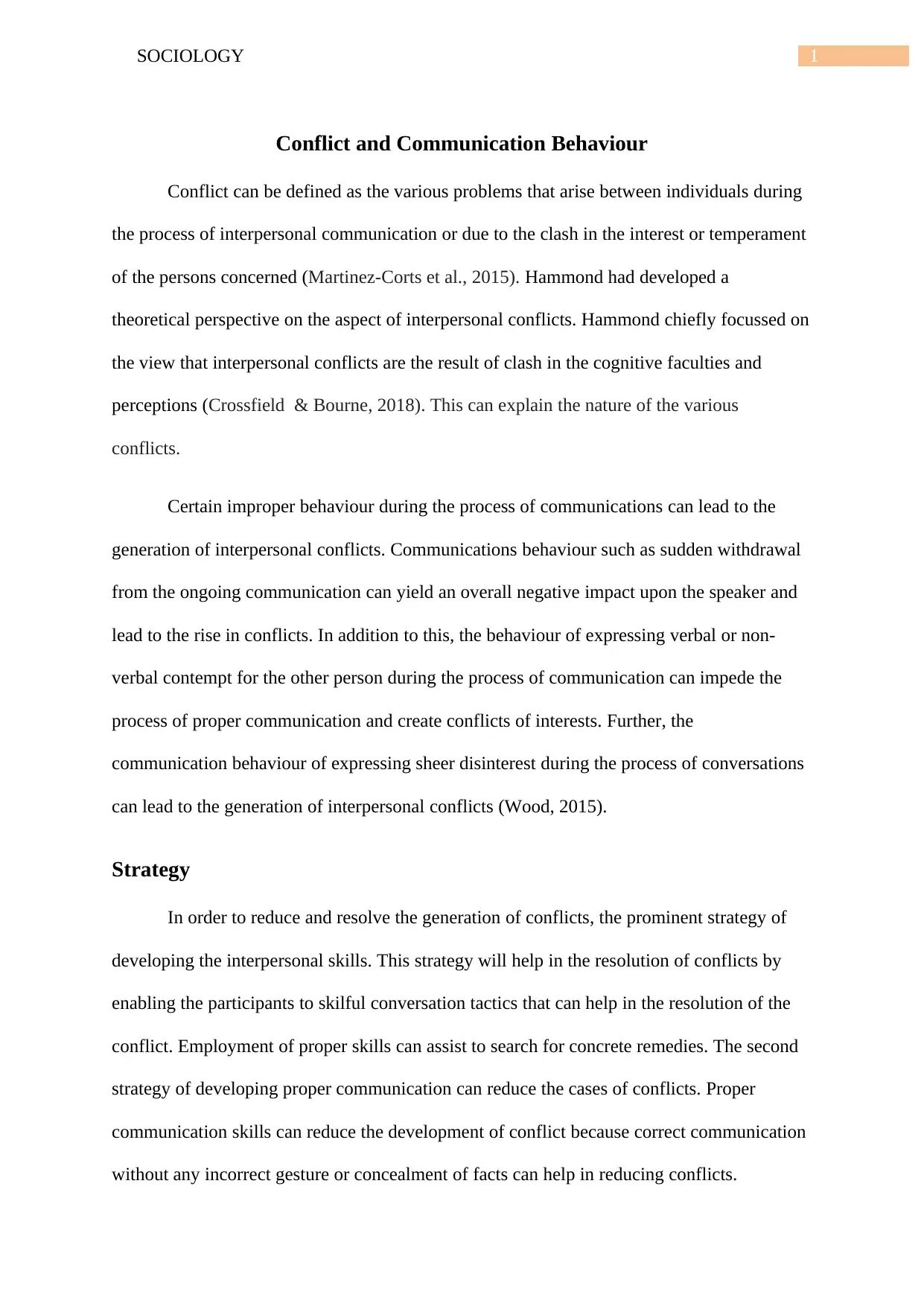
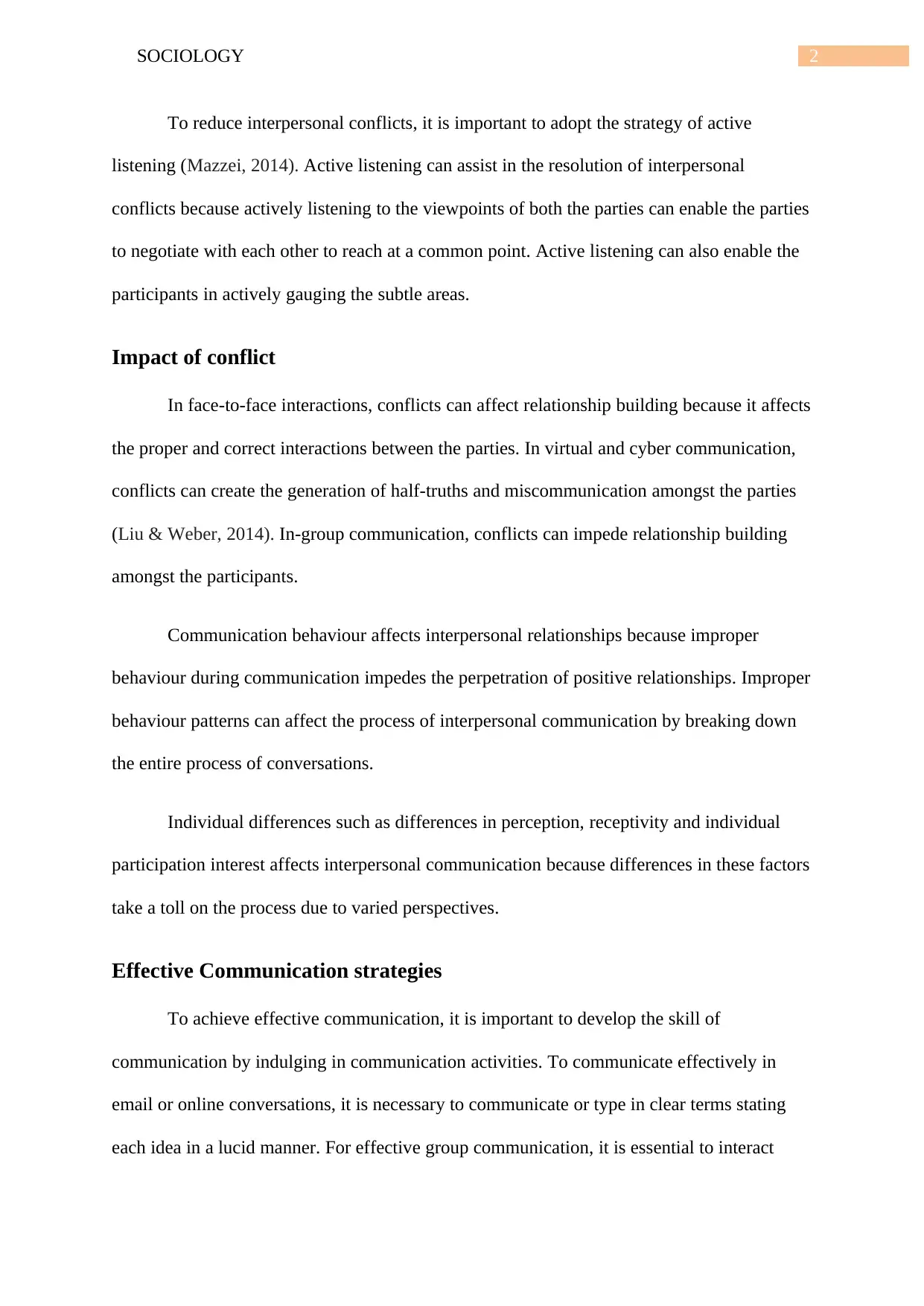

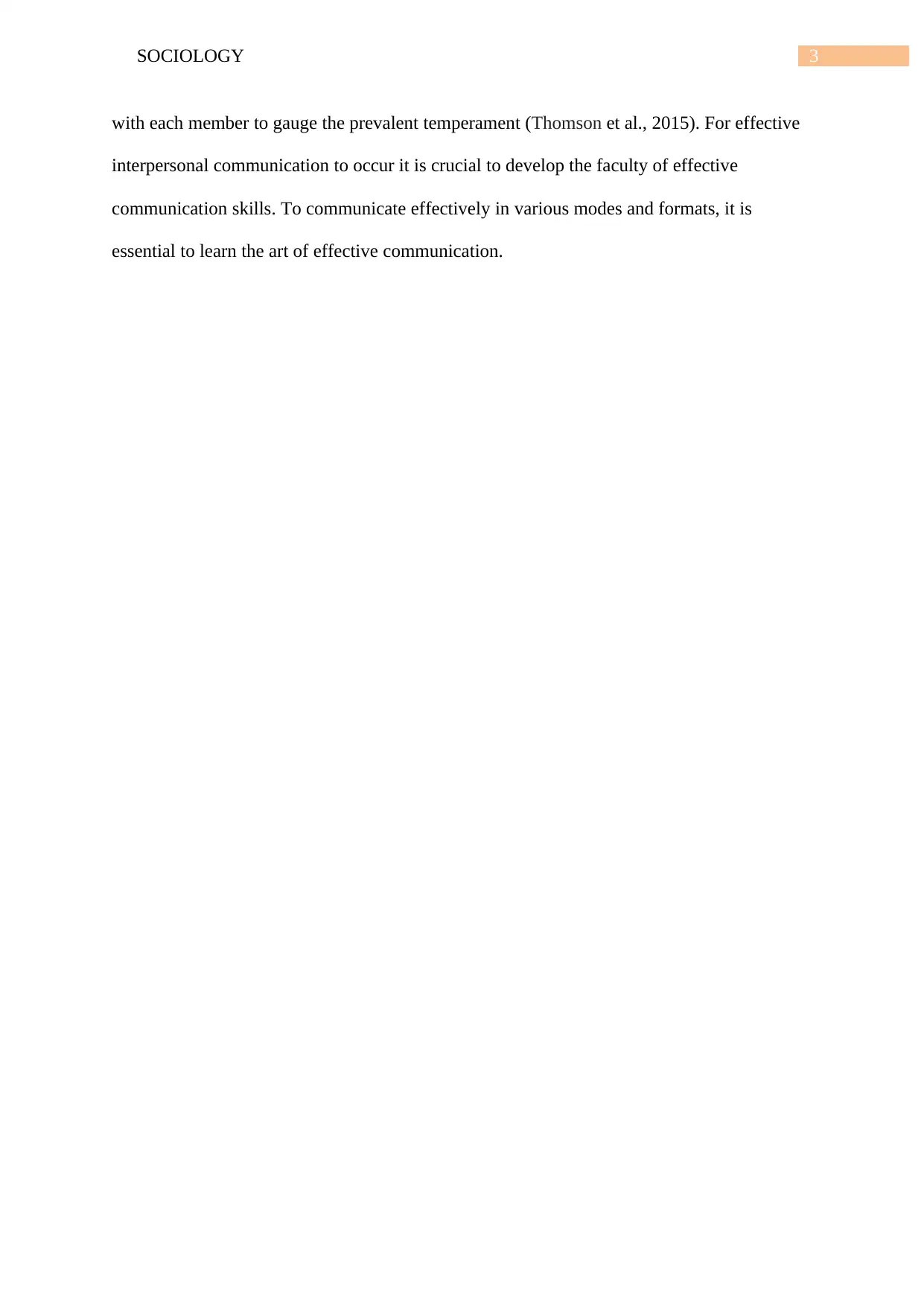
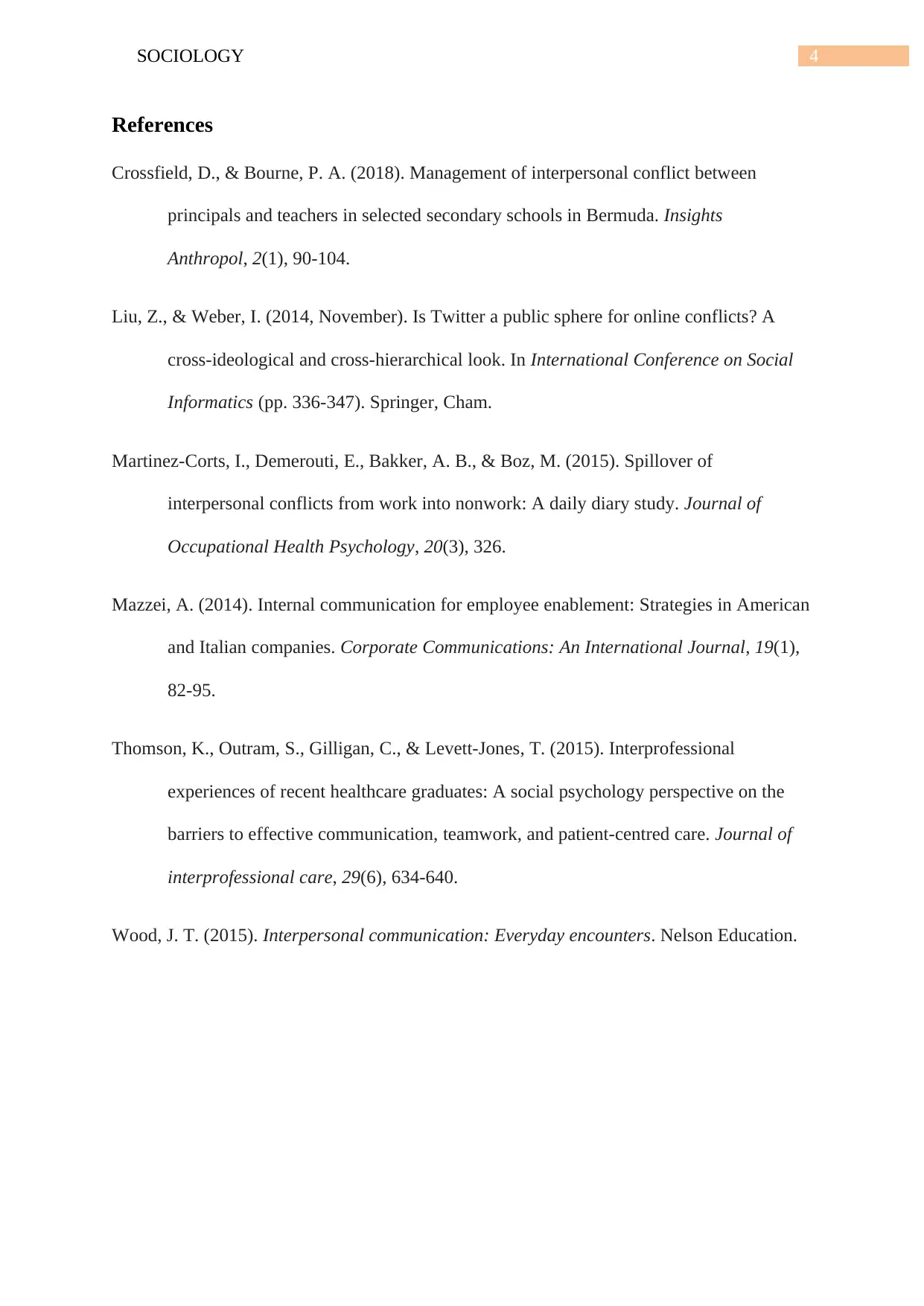






![[object Object]](/_next/static/media/star-bottom.7253800d.svg)